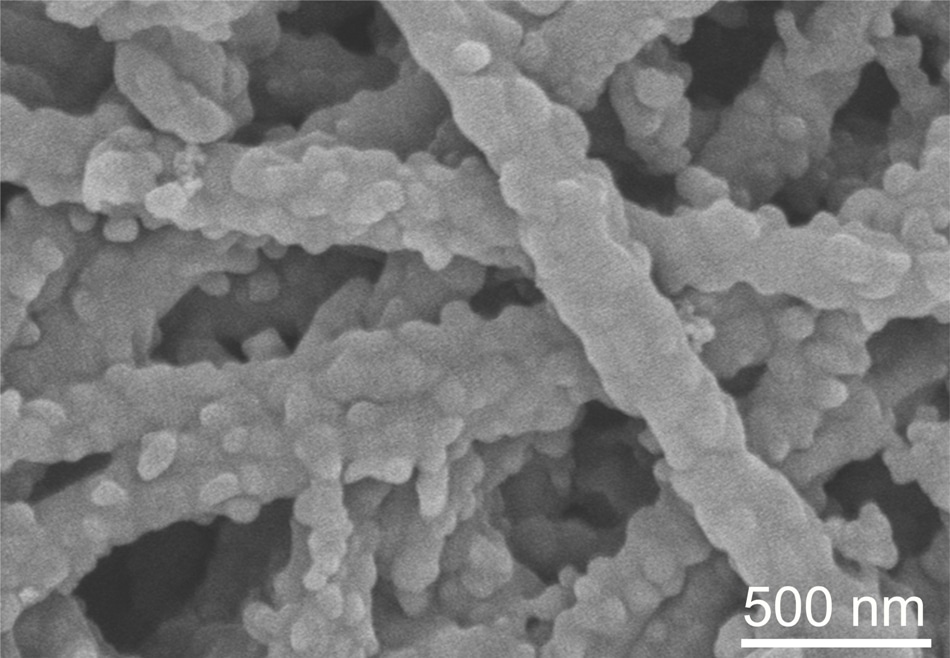May 14 2019
Medications excreted in the urine or dumped into the toilet can end up in the water supply, just like lotions or cosmetics that wash off the body and go down the sink or shower drain.
 The membrane shown above adsorbs pharmaceuticals and personal care products from wastewater. (Credit: American Chemical Society)
The membrane shown above adsorbs pharmaceuticals and personal care products from wastewater. (Credit: American Chemical Society)
Unfortunately, conventional wastewater treatment cannot completely remove pharmaceuticals and personal care products (PPCPs). Now, researchers reporting in ACS Applied Materials & Interfaces have developed an adsorbent membrane that they say could be used to purify water contaminated with PPCPs.
With rising standards of living worldwide, PPCP use has increased. Consequently, these substances are being detected in surface water, groundwater and even the tissues of fish and vegetables. Some PPCPs are endocrine disruptors or could otherwise negatively affect human health or the environment. Scientists have shown that materials called porous aromatic frameworks (PAFs) can remove pollutants from water. But because PAFs are in powder form and don’t dissolve in most solvents, they are difficult to handle and recycle. Guangshan Zhu and colleagues from Northeast Normal University wondered if they could make an adsorbent material for PPCP removal by coating the surfaces of electrospun fiber membranes with PAFs.
The researchers electrospun a polymer called polyacrylonitrile into a fibrous membrane, which they coated with polyaniline to help attach PAFs to the surface. Then, they added biphenyl molecules and reacted them to grow PAF-45 on the polyaniline-coated fibers. The modified membrane adsorbed three model PPCPs –– ibuprofen, chloroxylenol and diethyl-meta-toluamide (DEET) –– with capacities higher than most other reported adsorbents. In addition, the membrane was recyclable: The team removed the adsorbed PPCPs with ethanol and reused the membrane for 10 adsorption-desorption cycles, with only a slight decrease in capacity.